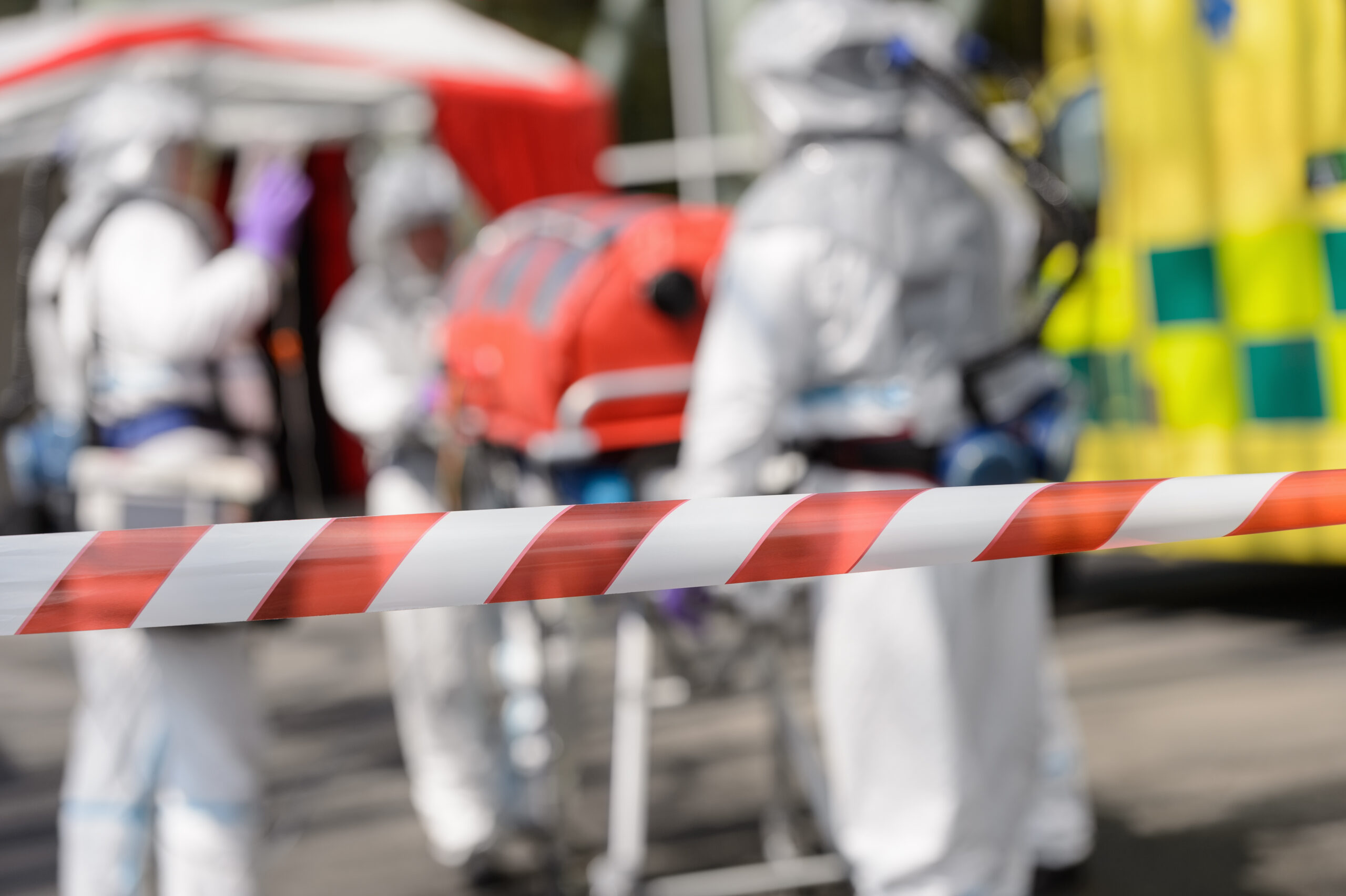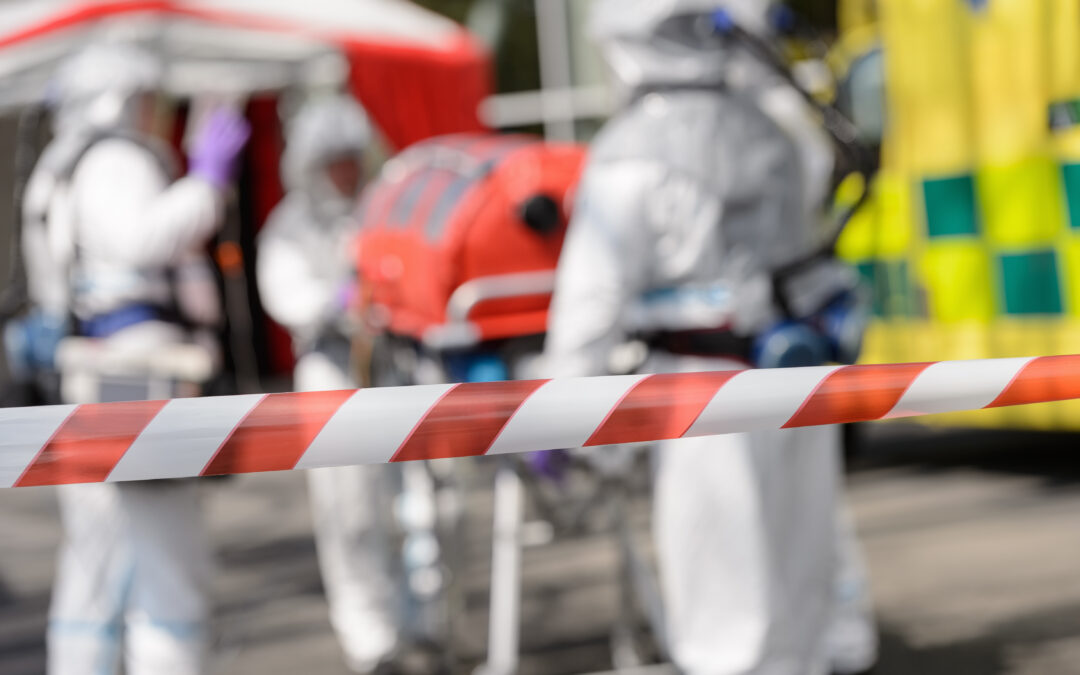Introduction to Disaster Preparedness
Disaster preparedness is a crucial aspect of ensuring the safety and well-being of individuals, families, communities, and even nations. It involves taking proactive measures to prepare for natural disasters such as hurricanes, tornadoes, earthquakes, floods, wildfires, and other emergencies that may occur unexpectedly. By being ready for these events, you can minimize damage, injury, and loss of life.

Importance of Being Ready for Natural Disasters
Being prepared for natural disasters is critical because it helps reduce stress levels during an emergency situation. Having essential supplies on hand allows people to focus on their immediate needs rather than worry about where they will find food or water. Additionally, having a plan in place can help save lives by reducing panic and confusion. In some cases, being prepared also means knowing when to evacuate and how to stay safe while doing so.
Essential Supplies and Equipment Needed in a Emergency Kit
A comprehensive emergency kit should include items like nonperishable food, water, first aid supplies, flashlights with extra batteries, blankets, clothing, and footwear. Other important items to consider adding to your kit are tools like a crowbar or hammer for breaking windows or doors, duct tape, plastic sheeting, and garbage bags for sealing leaks or creating makeshift shelter. Don’t forget to include important documents like insurance policies, IDs, and medical records in a watertight container.
Tips on How to Stay Safe During A Natural Disaster
Stay informed – Keep up with weather reports and local news channels to stay updated on any potential threats.
Have a plan – Develop a family emergency plan that includes escape routes, meeting places, and communication strategies. Practice this plan regularly.
Create a survival kit – Follow the guidelines mentioned earlier to create a comprehensive emergency kit.
Thank you for reading this post, don't forget to subscribe NOW for FREE!
Stay indoors – If advised to do so by authorities, remain inside until the all clear signal has been given.
Do not drive unless absolutely necessary – Roads may be impassible due to debris or flooding making driving dangerous.
Remain calm – Panicking can lead to poor decision-making which could put yourself and others at risk.






